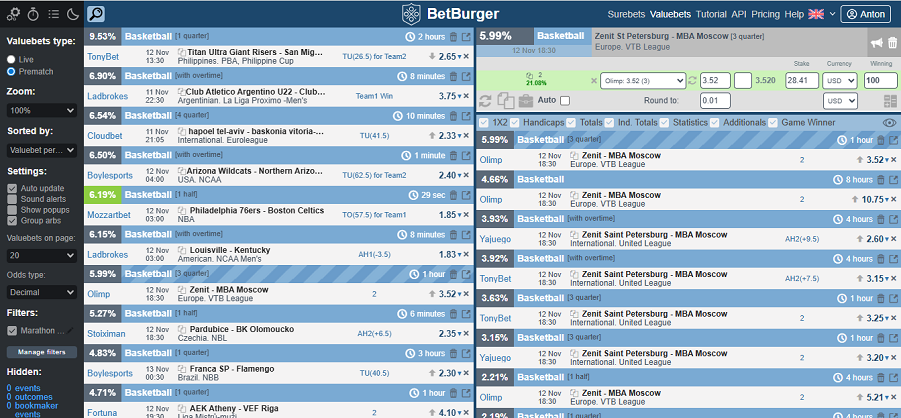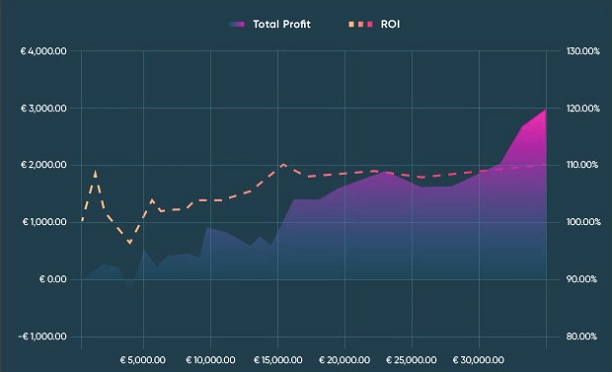Rugby League is a form of rugby known for its speed, physical strength, and tactical sophistication. It’s typically associated with Australia, England, or New Zealand – countries where rugby players are regarded as national heroes. However, in recent years, Rugby League has been steadily gaining ground in some truly unexpected corners of the globe. Today, we’ll talk about countries where this sport is becoming part of the culture – defying all stereotypes.
Serbia: Balkan Power on the Rise
Who would have thought that Serbia, known for its football traditions, would become one of the hubs of Rugby League development in Eastern Europe? The Serbian league was founded in the early 2000s, and the national team now competes in international tournaments.
The team Red Star Belgrade RLFC (yes, sharing the name of the famous football club Crvena Zvezda) regularly dominates the Balkan region and has even tested its skills in the European Cup.
“Rugby League is a sport where people learn discipline and respect. Serbia has found in it a way to unite young people,”
said Vlado Dedić, President of the Serbian Rugby League Federation.
Today, the country boasts more than ten active clubs, and interest is growing even in smaller provincial towns. Moreover, bookmakers actively offer odds on games of these teams and value bet scanners (eg. BetBurger) provide their customers with dozens of valuebets for Serbian Rugby League.

Greece: The Fight for Recognition
The story of Greek Rugby League could be made into a movie. For many years, local players literally fought for the right to play: until 2022, the sport was considered “unrecognized,” and the federation lacked official status. Yet enthusiasts refused to give up – matches were held secretly, often at night, to avoid fines.
Since then, things have changed dramatically. The Greek national team debuted at the 2021 Rugby League World Cup (held in 2022 due to the pandemic) and earned applause for its determination. Their participation became a symbol of how Rugby League can overcome any bureaucratic or cultural barriers.
Lebanon: Strength of the Diaspora
In Lebanon, Rugby League emerged thanks to the Australian diaspora. In the 1990s, a group of Lebanese players raised in Sydney decided to form a national team to compete under their own flag.
Since then, the Lebanon Cedars have regularly participated in World Cups, and local clubs have begun to appear within Lebanon itself. Rugby League has become not just a sport, but a tool for uniting young people from different religious communities.
“Rugby League helps us speak the same language – the language of respect and strength,”
said team captain Robbie Farah, formerly an NRL player.
Japan: Rugby with Samurai Discipline
Although Japan is better known for its passion for Rugby Union, Rugby League is finding its supporters here too. The first official match took place back in 1993, and today the Japan Rugby League Association operates in the country.
The Japanese approach the game with their trademark qualities – discipline, strategy, and attention to detail. The team Samurai Warriors has already participated in World Cup qualifiers and regularly hosts tournaments in Osaka and Tokyo.
Local enthusiasts are confident: despite competition from other sports, Rugby League in Japan has a future – especially among students.
As well as for Greece and Serbia, value bets on the Japanese Rugby League can also be found in the scanners, but before placing such bets, players should understand what is a value betting system with all its nuances.

Ukraine: A Sport That Unites in Difficult Times
Ukraine began developing Rugby League in the 2000s, and today several clubs exist, including Kharkiv Legion XIII and Lviv Tigers. Despite the challenging circumstances, Ukrainian players continue to train and participate in international competitions.
The Ukrainian Rugby League Federation actively collaborates with European organizations to promote youth programs and uphold the spirit of the sport.
“Rugby helps maintain team spirit and faith in the future,”
says Ukraine’s national team coach, Andriy Kravchenko.
Conclusion
Rugby League is more than just a game. It’s an example of how sport can unite people, inspire courage, and break down geographic and cultural barriers. Serbia, Greece, Lebanon, Japan, and Ukraine – all these nations show that passion for the game doesn’t require belonging to rugby’s “traditional elite.”
Perhaps in the coming years, we’ll see these “newcomers” become genuine contenders against the world’s rugby giants. After all, Rugby League embodies the fighting spirit – one that knows no borders.


